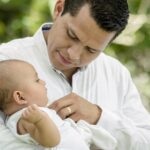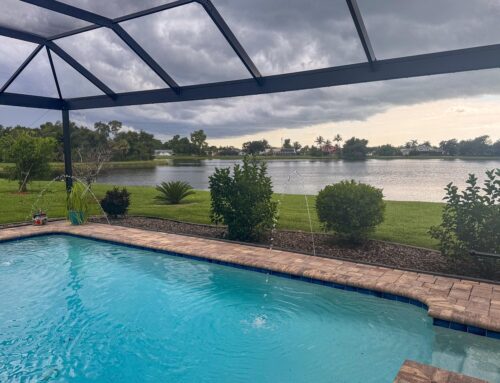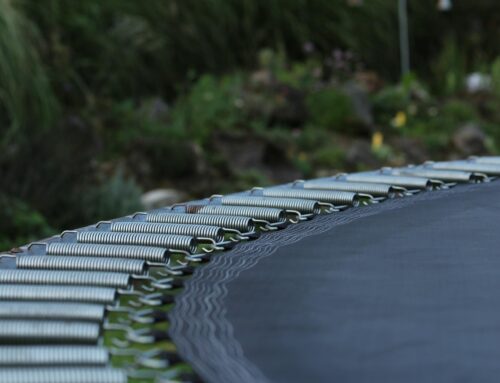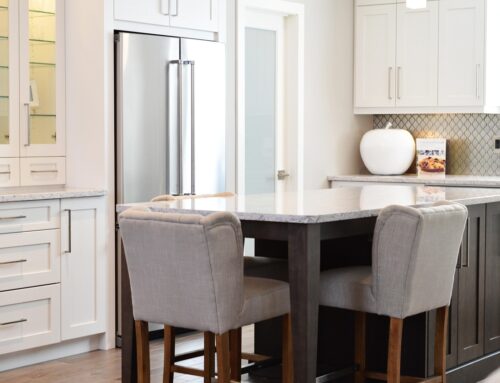Most people know that home insurance protects them from damage to their physical property, but liability coverage is an equally critical component designed to protect you financially. If someone visits your property and suffers an injury to them or their property, this coverage steps in to help. Without it, you could be on the hook for a lot of money, something the vast majority of homeowners could not deal with. Still, having to use your liability coverage means that your future rates can increase, and you should obviously want to avoid injuries to guests if possible. Liability coverage provides protection, but there are still ways that you can make your home safer and less likely to require liability protection in the first place.
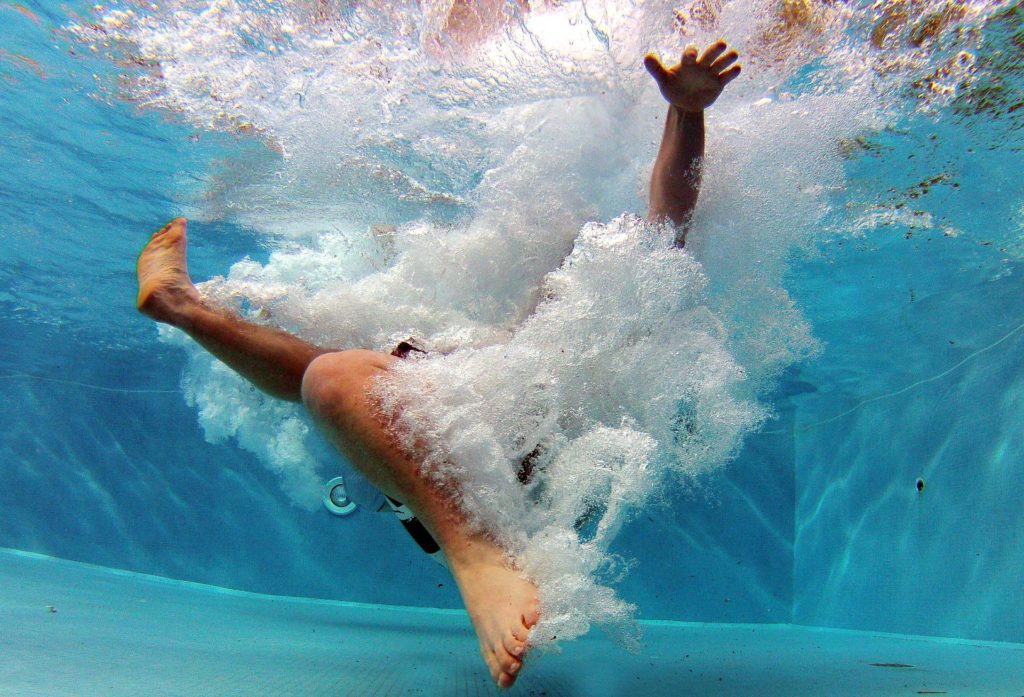
What Does Liability Coverage Protect Me From?
Liability coverage typically includes two main parts: personal liability and medical payments. Personal liability covers claims for any bodily injuries or property damage you are found legally liable for, while medical payments coverage pays for minor injuries to guests on your property, regardless of who is at fault.
For instance, if someone takes a fall in your home, liability insurance can cover their medical treatment, such as hospital bills and physical therapy. However, if the injured person decides to sue you for their injuries, your liability coverage isn’t useless. It will also help pay for your legal defense costs and any settlements or judgments up to the limits of your policy.
Liability Risks to Florida Homeowners
- Slip and Fall Accidents: Slip-and-fall accidents occur when someone trips or falls on your property due to hazardous conditions. While it may seem like a complete accident, some factors increase the likelihood of injuries. As these accidents can lead to serious injuries, expensive medical bills, and potential lawsuits against you, it pays to be vigilant when preparing your property for visitors.You likely know your home better than others. This means that any potential dangers are something you are accustomed to that others may not be. Regularly inspect and maintain walkways, driveways, and other high-traffic areas, even if the damage seems minor and easy to ignore. If not, it may be a reason that someone blames you for their injuries. Additional safety systems like adequate lighting and handrails can also reduce the likelihood of a guest on your property getting injured.
- Dog Bites: If you are a dog owner, you probably feel confident that your furry friend is friendly and unlikely to hurt others. However, most dogs who bite humans are probably owned by similar-thinking homeowners, and it only takes one accident to seriously injure someone and lead to repercussions for you and your pup.All dogs – and pets in general – should be properly trained and socialized to reduce aggressive behavior. When guests are present, keep your pet restrained or in a secure area where it cannot pose a threat to others. Some policies don’t include coverage for dog bites, so it would also be wise to review your insurance policy to confirm it includes coverage for this issue.
- Swimming Pool Accidents: Unfortunately, Florida sees many deaths per year due to swimming pool drowning or injury accidents. Young children are most at risk, but anyone on your property may face issues if they unexpectedly fall in a pool or are injured while swimming. Your pool should always have safety features installed to prevent unauthorized access. Fences, self-closing gates, and pool covers go a long way to preventing anyone from accidentally falling into the pool. Remember that even those who can swim may be injured, so clearly mark pool depths and establish rules for safe use, including no running and mandatory adult supervision for children.
- Falling Trees and Branches: It may seem like an unlikely scenario, but tree limbs hanging overhead can cause significant damage to property and severe injuries to individuals. Here in Florida, this risk is even higher, as storms and hurricanes have the power to decimate trees and threaten any property around them. To limit your risk, regularly inspect the trees on your property for signs of breakage or disease, either alone or with a professional. This won’t stop all risks, but it can eliminate some branches that would otherwise cause damage. You should also consider removing trees too close to structures or power lines unless you intend to pay for services to maintain their health and growth.
If you are unsure of your current coverage or know that you need an updated policy, knowing where to look can be overwhelming. Contact Anderson & Associates today to speak to our team and find the best policy to match the liability coverage threshold you need to feel secure.





